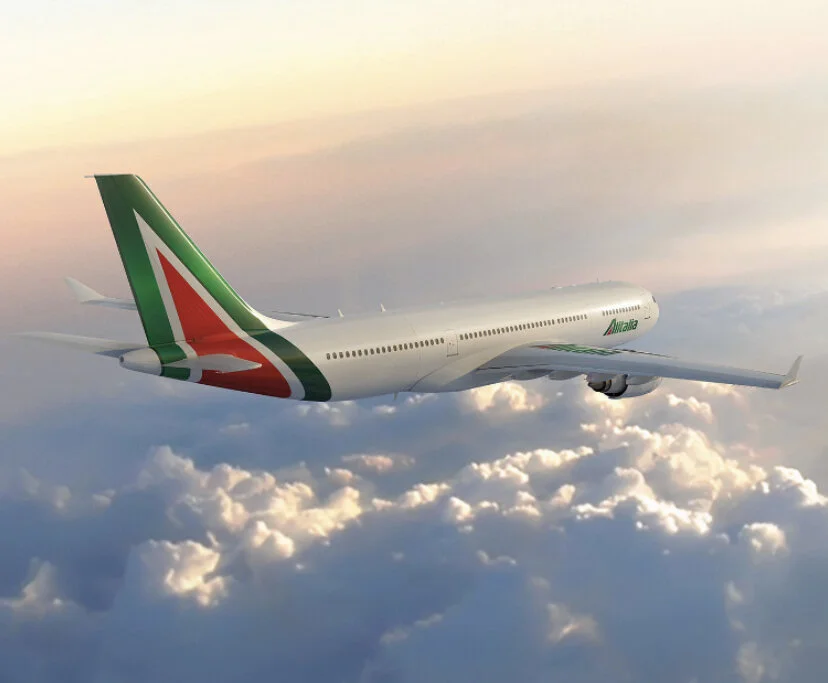The number of Roman Catholics across Africa and Asia continues to grow, according to a new report highlighted by the Vatican.
That’s one news hook for coverage. Here is another: the number of Catholic believers in Europe continues to implode.
“If we keep the faith to ourselves, we will become weak, and if we keep the faith to a small group, it might become an elite group,” Cardinal Luis Tagle of the Philippines warned on Oct. 21 during a news conference held at the Vatican.
This new report, compiled by Fides News Service, serves as a statistical snapshot of the church’s global population and institutions. It compared 2019 with the prior year and was based on the latest available statistics.
The findings, akin to a Vatican census, did not take into account the pandemic and the impact COVID-19 had on faith and church attendance as a result of shutdown orders across much of the world. The report was released to coincide with World Mission Day, which is celebrated on the third Sunday of October each year.
Pope Francis, in a message posted to the Holy See’s official website, highlighted the day’s purpose.
“We recall with gratitude all those men and women who by their testimony of life help us to renew our baptismal commitment to be generous and joyful apostles of the gospel,” he wrote. “Let us remember especially all those who resolutely set out, leaving home and family behind, to bring the gospel to all those places and people athirst for its saving message.”
Overall, the total number of Catholics throughout the world grew by 15.4 million people.










